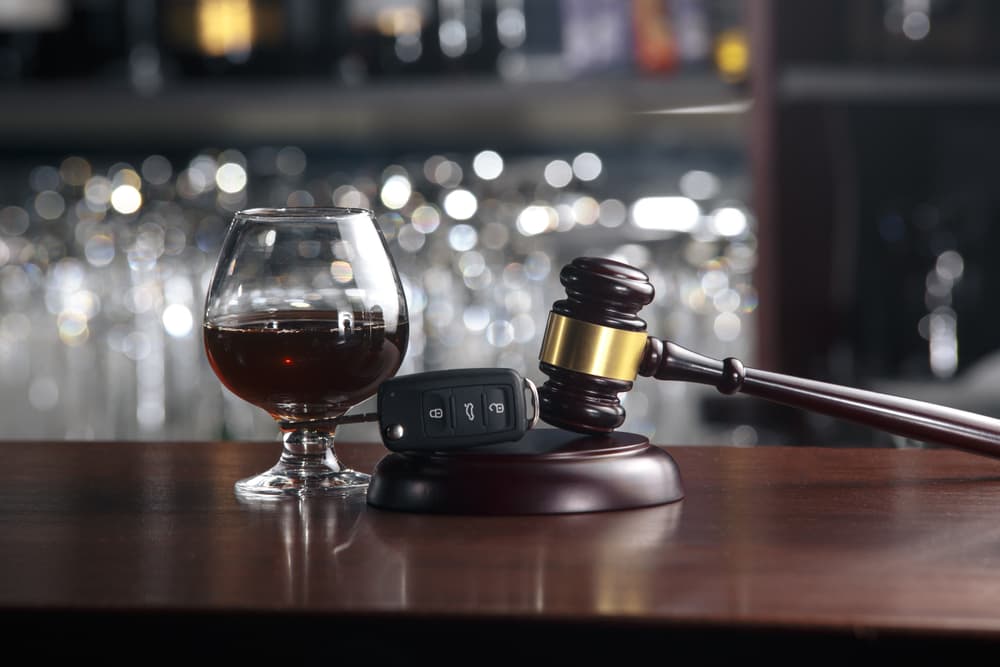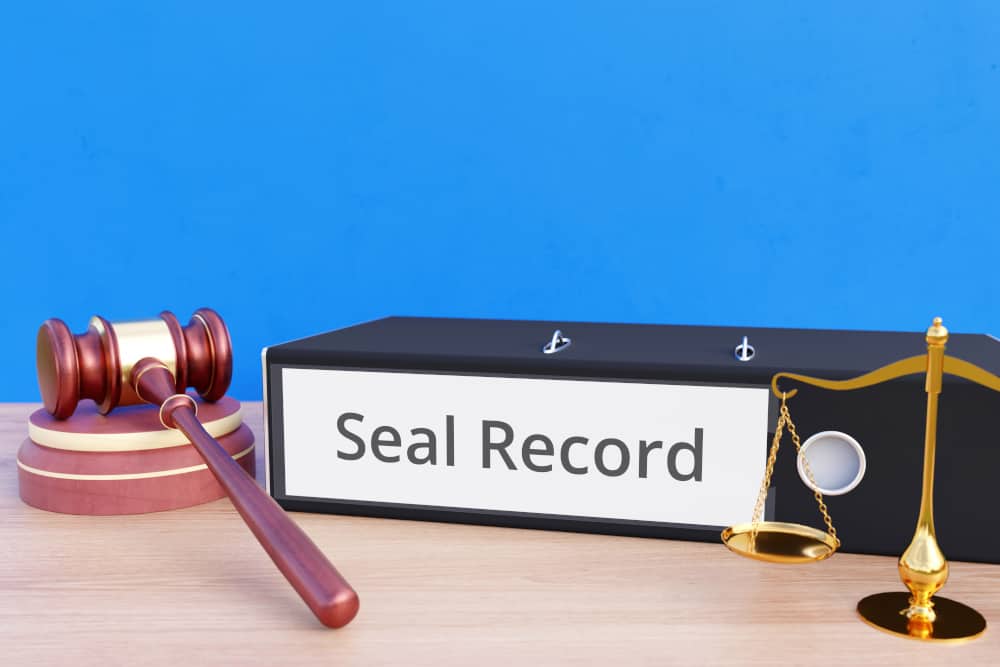If you’ve recently been pulled over and charged, the first thing you might be asking is, what are your options when dealing with DUI offense? Whether it’s your first run-in with the law or you’re facing a repeat violation, a DUI offense is a legal and personal storm that can hit fast and hard. But it’s not the end of the road—far from it.
This article explores exactly what happens after a DUI offense and walks you through every realistic option available—from legal defenses and plea deals to diversion programs and license reinstatement. More than just a dry list of legal steps, you’ll get real-world insights, true stories, and a conversational look at how people navigate the aftermath of a DUI offense and come out on the other side.
The goal is simple: help you make informed, strategic decisions at one of the most critical points in your life.

What Is a DUI Offense?
Let’s start at square one—what is a DUI offense? DUI stands for Driving Under the Influence, and it means operating a vehicle while impaired by alcohol, drugs (legal or illegal), or a combination of substances. Most states set the legal limit forblood alcohol concentration (BAC) at 0.08% for drivers over 21. For commercial drivers and minors, it’s even lower.
What sets a DUI offense apart from a mere traffic violation is its classification as a criminal charge. That means jail time, probation, fines, and a criminal record are all on the table—making it more serious than many realize.
In short, a DUI offense is not just a bad night out—it’s a legal crisis that demands attention and strategy.
Real-Life Example: The Unexpected Turn
Meet Alex, a 30-year-old teacher from Dallas. After a birthday dinner with friends, Alex felt fine enough to drive. Ten minutes into the drive home, a minor swerve caught the attention of a patrol car. The officer pulled Alex over, administered field sobriety tests, and requested a breath sample. The result? 0.09%. Alex was arrested for a DUI offense and spent the night in jail.
It was a wake-up call—and a stark reminder of how quickly things can spiral.
Step One: Understand the Charges and Penalties
The first step after a DUI offense is understanding exactly what you’re facing. In most jurisdictions, DUI penalties increase based on several factors:
- First-time DUI offense
- High BAC levels (typically 0.15% or above)
- Presence of a minor in the vehicle
- Accident involving injury or death
- Prior DUI convictions
Penalties for a First DUI Offense
Even a first DUI offense comes with serious consequences:
- Fines ranging from $500 to $2,000+
- Jail time from 24 hours to 1 year (may be suspended)
- License suspension for 90 days to 1 year
- Mandatory DUI education or substance abuse programs
- Probation and community service
- Installation of anignition interlock device

Understanding these penalties helps you assess your risks and develop a clear plan of action.
What Are Your Legal Options After a DUI Offense?
Once you’ve been charged, you don’t just wait for the judge to speak—you act. So, what are your options when dealing with DUI offense from a legal defense standpoint?
1. Hire a DUI Defense Attorney
The most important decision you’ll make is hiring an experienced DUI defense attorney. These legal professionals can analyze police reports, challenge evidence, and help reduce or dismiss charges. In many cases, an attorney can make the difference between a conviction and a second chance.
2. Challenge the Legality of the Stop
Was there probable cause to pull you over? Did the officer follow proper procedure during the stop, testing, or arrest? If your rights were violated, your attorney may be able to get the case thrown out.
3. Contest the Accuracy of the BAC Test
Breathalyzers and blood tests aren’t foolproof. Improper calibration, operator error, and medical conditions like acid reflux can skew the results. A skilled attorney may call in toxicologists or challenge the test’s reliability.
4. Enter a Plea Bargain
In some cases, your best option may be to negotiate a plea deal for reduced charges, such as reckless driving. While it still carries penalties, it avoids a DUI conviction on your record.
5. Request a Diversion Program
Some states offer first-time offender diversion programs. These may require you to attend classes, perform community service, and stay out of trouble for a set period. Upon successful completion, the charge may be dismissed or expunged.
Administrative Hearings: The Fight for Your License
After a DUI offense, there’s often a separate administrative process to deal with your driver’s license. You may have to attend a Department of Motor Vehicles (DMV) or Administrative License Revocation (ALR) hearing.
What Happens at the Hearing?
- A judge or officer will review your arrest
- You or your attorney can present evidence
- A decision will be made on whether to suspend your license
This hearing is separate from your criminal trial, but just as important. Winning it could allow you to keep your driving privileges while your case proceeds.

What If This Is Your Second or Third DUI Offense?
Repeat DUI offenses are treated much more harshly. If this isn’t your first time, your options narrow—but they still exist. Courts tend to look more critically at repeat behavior, making it essential to demonstrate accountability and a clear plan for change.
Second DUI Offense
- Jail time increases to 10 days to 1 year
- Fines jump to $2,000–$4,000
- License suspension may last up to 2 years
- Mandatory use of ignition interlock device
You may also be required to complete an extended rehabilitation program or undergo regular alcohol testing, depending on the judge’s discretion.
Third DUI Offense
- Now classified as a felony in many states
- Jail time may range from 2 to 10 years
- Permanent license revocation may occur
- Felony convictions carry lifelong consequences
Some states may also impose additional penalties such as mandatory community service or even public notice of the conviction in repeat cases.
If you’re asking what are your options when dealing with DUI offense as a repeat offender, it’s critical to seek legal help immediately. Alternative sentencing, rehabilitation, or even medical defenses may be available—but only if pursued aggressively and early. Having legal counsel experienced with high-stakes DUI cases can be your best asset in negotiating a more favorable outcome.
The Role of Mitigating Factors
Not all DUI cases are black and white. Courts do consider mitigating factors, which may help reduce penalties. These factors can turn a potentially harsh sentence into a more rehabilitative approach, especially for those showing a willingness to reform.
- Clean driving record prior to the offense
- Low BAC levels just over the legal limit
- Cooperating fully with law enforcement
- Taking voluntary steps like entering treatment or DUI school
- Demonstrating genuine remorse and taking responsibility
Providing documentation such as alcohol evaluation reports or proof of community service can strengthen your argument for leniency. A compelling case backed by character references, documentation, and proof of proactive behavior can significantly influence sentencing outcomes.
Life After a DUI Offense: What Comes Next?
Once the court dates are over and the sentence is served, you enter the long process of rebuilding.
License Reinstatement
To get your license back, you’ll typically need to:
- Complete your suspension period
- File for SR-22 insurance (proof of high-risk coverage)
- Pay reinstatement fees
- Possibly install an ignition interlock device
Expungement or Record Sealing
In some states, you may qualify for expungement or record sealing—especially if it was your first DUI offense and you met all sentencing requirements. While not available everywhere, it’s worth exploring with your attorney. Clearing your record can make a significant difference in future housing applications, job interviews, and overall peace of mind.

Employment and Social Impact
A DUI offense can appear on background checks and affect job prospects—particularly in fields like education, law enforcement, healthcare, and commercial driving. Being honest with employers, pursuing rehabilitation, and showing a pattern of responsibility can slowly restore trust. Networking, personal referrals, and community involvement can also help rebuild professional credibility after a DUI.
Real-Life Recovery Story: From Conviction to Comeback
Jenna, a 38-year-old nurse from Austin, was arrested for a DUI offense after leaving a work party. She was terrified—not only of jail time, but of losing her nursing license. With her attorney’s help, she entered a diversion program, completed counseling, and kept her record clean. She later petitioned to have the charge sealed and returned to her career with renewed focus and advocacy for addiction recovery.
Her story reminds us that a DUI offense doesn’t have to define your future—if you take the right steps forward.
Final Thoughts: What Are Your Options When Dealing with DUI Offense?
So, what are your options when dealing with DUI offense? You have more than you think—legal defenses, plea agreements, rehabilitation programs, and second-chance opportunities all exist. The key is acting fast, staying informed, and surrounding yourself with the right support system.
A DUI offense is serious, but it doesn’t have to ruin your life. With the right mindset and legal guidance, you can move forward, protect your rights, and rebuild stronger than before. Don’t let one mistake define your future—start making smart, informed decisions today.


